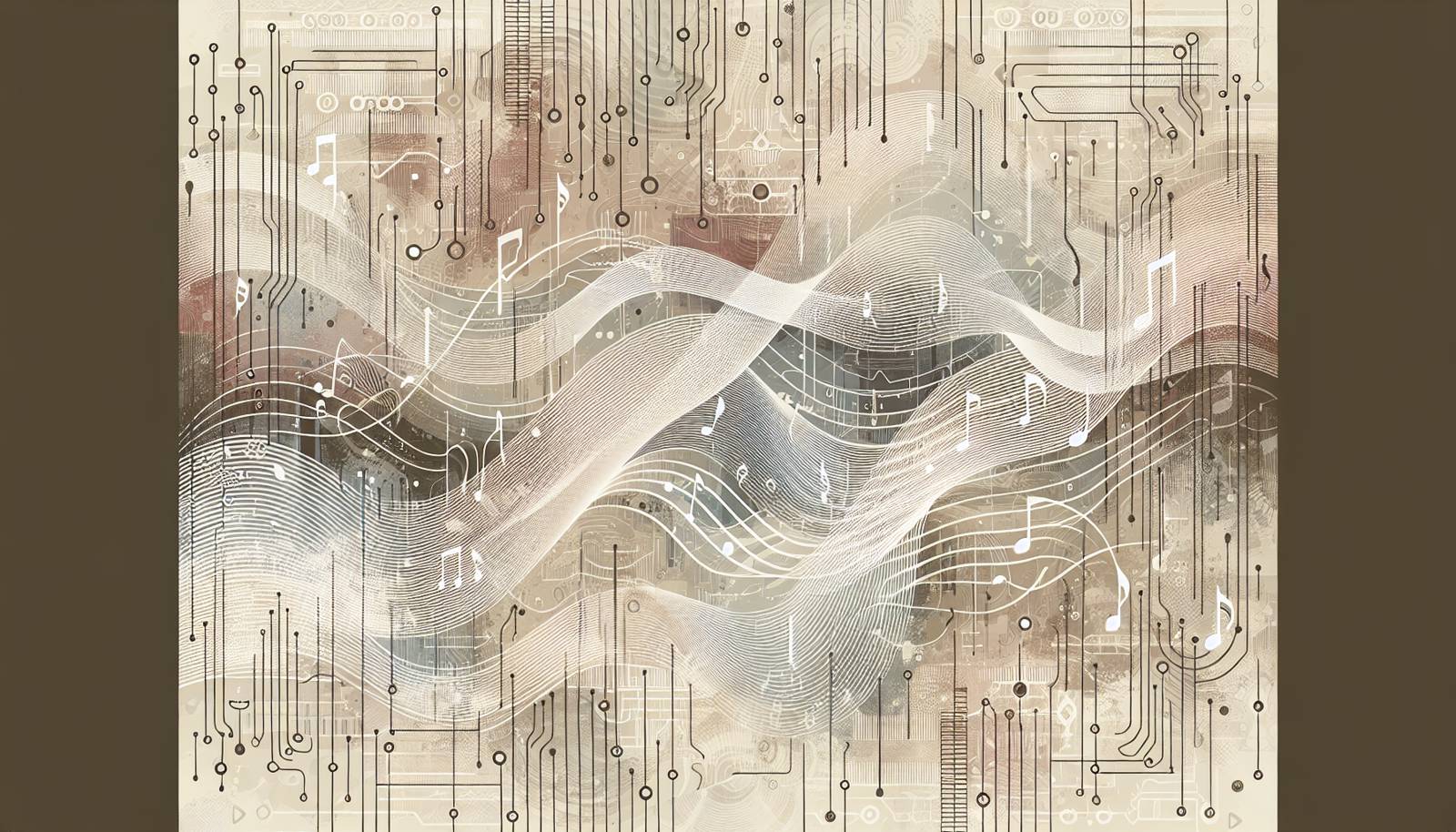
FAQ About The Influence of Virtual Reality on Classical Concert Experiences

How is virtual reality used in classical concerts?
Virtual reality (VR) is used in classical concerts by creating immersive environments where users can experience the concert as if they are present in the concert hall. VR technology allows concert-goers to view performances from different perspectives, such as from the conductor's podium, backstage, or amongst the orchestra. Some VR experiences may include interactive elements or enhanced audio features to further engage audiences.

What are the benefits of using VR for classical concert experiences?
VR offers numerous benefits for classical concert experiences, including increased accessibility for those who cannot attend in-person due to geographic or physical limitations. It also provides a unique, immersive experience that can make classical music more appealing to younger, tech-savvy audiences. Additionally, VR can help preserve performances, allowing them to be re-experienced or shared globally.

Can VR technology impact the popularity of classical music?
Yes, VR technology has the potential to impact the popularity of classical music positively by reaching a broader audience and making concerts accessible to people who might not typically attend. The immersive nature of VR can attract new listeners and provide a novel way to experience classical music, potentially increasing interest and engagement.

What equipment is required to experience a VR classical concert?
To experience a VR classical concert, you typically need a VR headset, which can range from high-end models like the Oculus Rift or HTC Vive to more affordable options like Google Cardboard. Additionally, a compatible device such as a smartphone, computer, or gaming console is necessary to run the VR application or content. High-quality headphones are recommended to enhance the audio experience.

How does VR affect audience engagement in classical concerts?
VR can significantly enhance audience engagement by providing immersive and interactive experiences that traditional concert settings cannot offer. Audiences can explore different viewpoints, interact with the virtual environment, and potentially access educational content related to the performance, making the experience more engaging and educational.

Are there any challenges associated with virtual reality in classical concerts?
While VR offers many benefits, challenges include the high cost of developing and accessing VR content, potential technical issues such as motion sickness, and the need for users to have suitable equipment. There's also the risk that the technology may detract from the music if not implemented thoughtfully.

Can virtual reality enhance the audio quality of classical concerts?
VR technology can enhance audio quality by incorporating spatial audio, which creates a 3D sound environment, allowing listeners to experience sound as they would in a physical space. This technology can simulate the acoustics of renowned concert halls or provide customized audio settings to enhance clarity and immersion.

Have any famous classical concerts been adapted for VR?
Several famous orchestras and institutions have experimented with VR, including the Berlin Philharmonic and the Royal Opera House. These adaptations often involve recording performances in 360-degree video and allowing viewers to experience them through VR platforms, providing a rich, immersive experience that captures the essence and atmosphere of live performances.

What are some popular platforms offering VR classical concert experiences?
Popular platforms that offer VR classical concert experiences include YouTube VR, Oculus Venues, and bespoke services provided by specific orchestras or concert halls. These platforms host a variety of VR content, allowing users to enjoy classical music in a virtual setting.

How accessible are VR classical concert experiences to people with disabilities?
VR technology can be quite accessible to individuals with certain disabilities, particularly those who face mobility challenges. However, for individuals with other types of disabilities, such as visual impairments, VR content might be less accessible unless specifically designed with accessibility features in mind, such as descriptive audio or customization tools.

What roles do artists and conductors play in VR concert experiences?
Artists and conductors often collaborate in the creation of VR concert experiences by performing specifically for VR recordings, advising on visual and audio elements, and sometimes participating in interactive components. They help ensure the authenticity and quality of the performance in virtual reality settings.

How might VR change the future of classical music performances?
VR has the potential to transform classical music performances by enabling innovative presentation formats, fostering global audience interaction, and integrating educational components into the music experience. This technology may lead to new forms of artistic expression and broaden the reach and appreciation of classical music.

Are there educational benefits to VR classical concerts?
VR classical concerts offer educational benefits by providing interactive elements that teach users about musical compositions, history, and instruments. Some experiences may include documentary-style segments or enhanced visualizations to deepen understanding and appreciation of the music being performed.

What is the cost of creating a VR experience for a classical concert?
The cost of creating a VR experience for a classical concert can vary widely depending on the complexity of the production. Factors such as filming, post-production, and platform distribution need to be considered. While some orchestras might invest heavily to produce high-quality VR experiences, others might opt for more cost-effective solutions to film and distribute performances.

Can VR replace traditional classical concerts?
While VR offers unique features and advantages, it is unlikely to replace traditional classical concerts entirely. The live, communal experience of a concert, including the ambiance and immediate audience interaction, is difficult to replicate completely in virtual reality. Instead, VR is likely to complement traditional performances by offering additional ways to engage with the music.

Is there a significant demand for VR classical concerts?
There is growing interest in VR classical concerts, largely fueled by the ongoing technological advancements and increased accessibility. As more people experience VR, demand is likely to rise, especially among younger audiences and tech enthusiasts looking for new ways to engage with classical music.

How can VR make classical concerts more inclusive?
VR can make classical concerts more inclusive by lowering barriers to attendance, such as geographic and financial constraints. It enables people from different backgrounds and locales to access performances they might otherwise miss and can provide tailored experiences for diverse audiences, including children or those new to classical music.

What technological advancements have facilitated VR classical concerts?
Advancements in VR hardware, such as improved VR headsets and spatial audio technologies, have facilitated the growth of VR classical concerts. Additionally, the development of high-quality 360-degree cameras and powerful software for rendering immersive environments has made it possible to capture and share high-quality VR concert experiences.

Are there any environmental benefits to VR classical concerts?
VR classical concerts can have environmental benefits by reducing the need for travel to concert venues, thereby cutting down on carbon emissions associated with transportation. Virtual experiences also require fewer physical resources like paper tickets and physical merchandise, further reducing their environmental footprint.

What future developments can we expect in VR classical concert experiences?
Future developments in VR classical concert experiences may include more interactive features, such as user-selectable camera angles or augmented reality enhancements. Improvements in technology could lead to even more realistic simulations of concert venues, while increased bandwidth and computing power will improve overall accessibility and quality of VR content.
